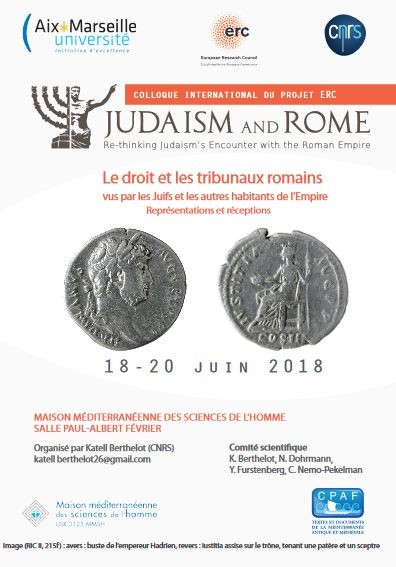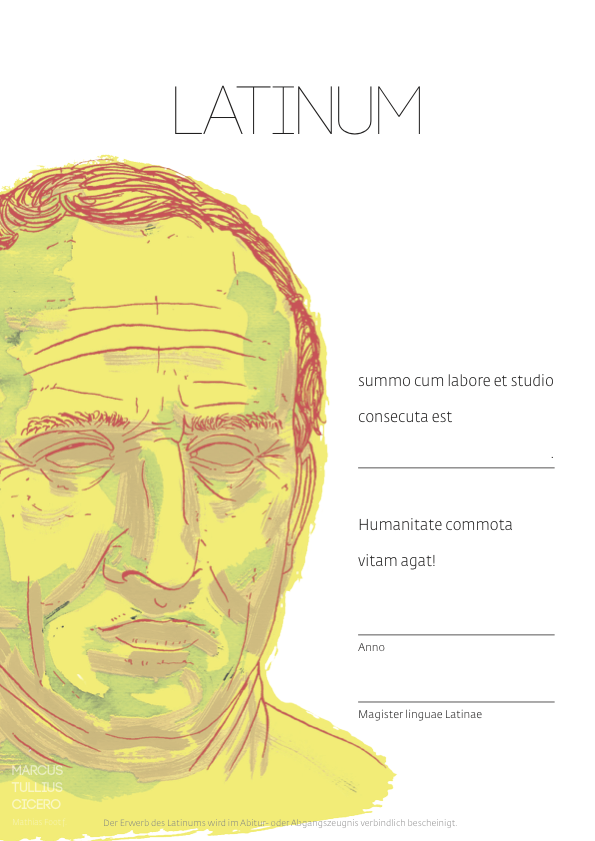


Given its potential importance, it is surprising that the ancient sources, in contrast to modern accounts, have so little to say about the so-called ius migrandi. The story of the so- called ius migrandi is thus of major importance in determining how we are to tell the story of 2nd century Italy in a much wider sense. If, on the other hand, no such right of migration ever existed at all, then the commonly accepted picture of increasing exclusivity on the part of Rome in the 2nd century must, at least in this one respect, be abandoned. Such a development would obviously have significant implications for our understanding of the relationship between Rome and her allies in Italy.
#IUS LATINUM FREE#
If further, as is commonly believed, this right was later restricted, then we have a picture of Italy in which boundaries that had once been permeable were in the 2nd century BC hardened and closed off to the relatively free movement of individuals across them. If a positive right of this kind did in fact exist, the implication is that there was a time in the history of Republican Italy when anyone could in theory have become Roman : Latins by migration directly to Rome, non-Latins by a two-stage process of migration to a Latin community followed by migration to Rome. In such accounts, the ius migrandi is most often presented as a right that guaranteed the ability of individuals of Latin status to acquire the Roman citizenship by migration to and settlement at Rome.

The institution known to modern scholars as the ius migmndi has been the subject of much discussion, appearing as it does, in some form or other, in almost every modern account of Rome's political relations with the various other states of Italy during the Republican period. ROME'S MIGRATION POLICY AND THE SO-CALLED IUS MIGRANDI1


 0 kommentar(er)
0 kommentar(er)
